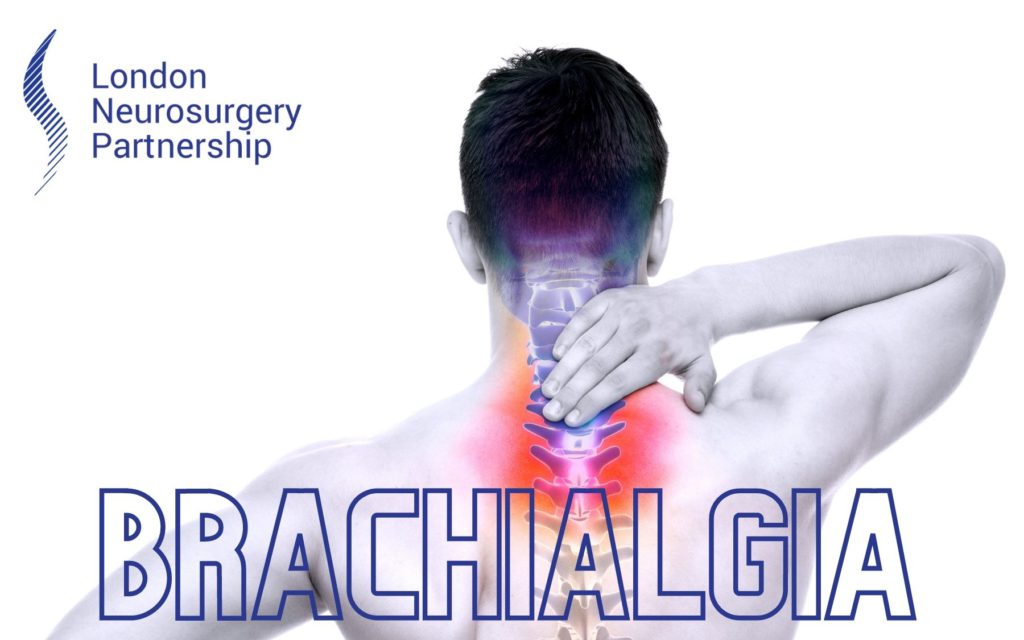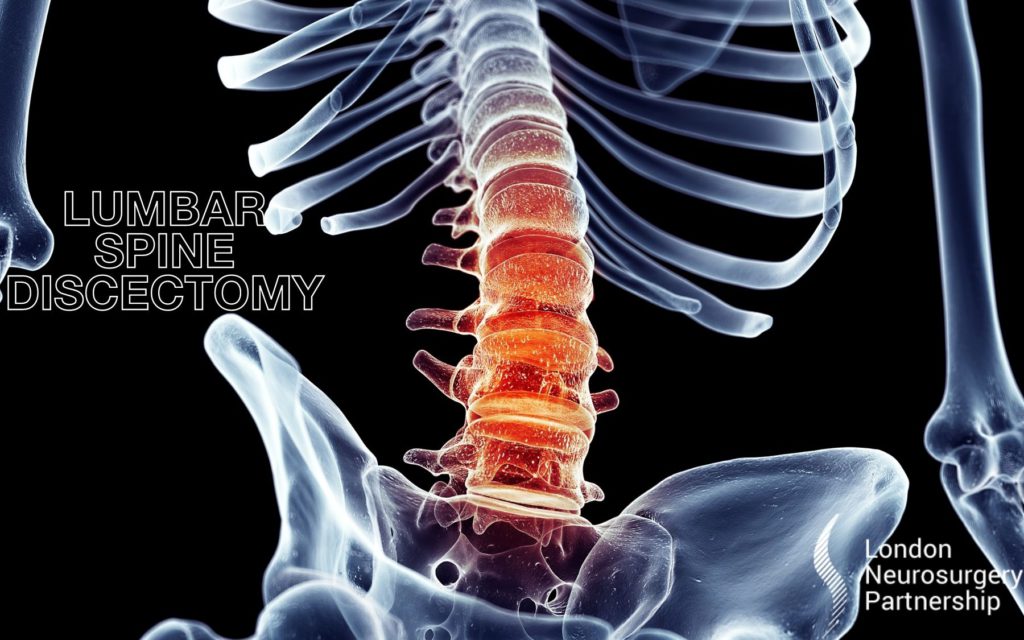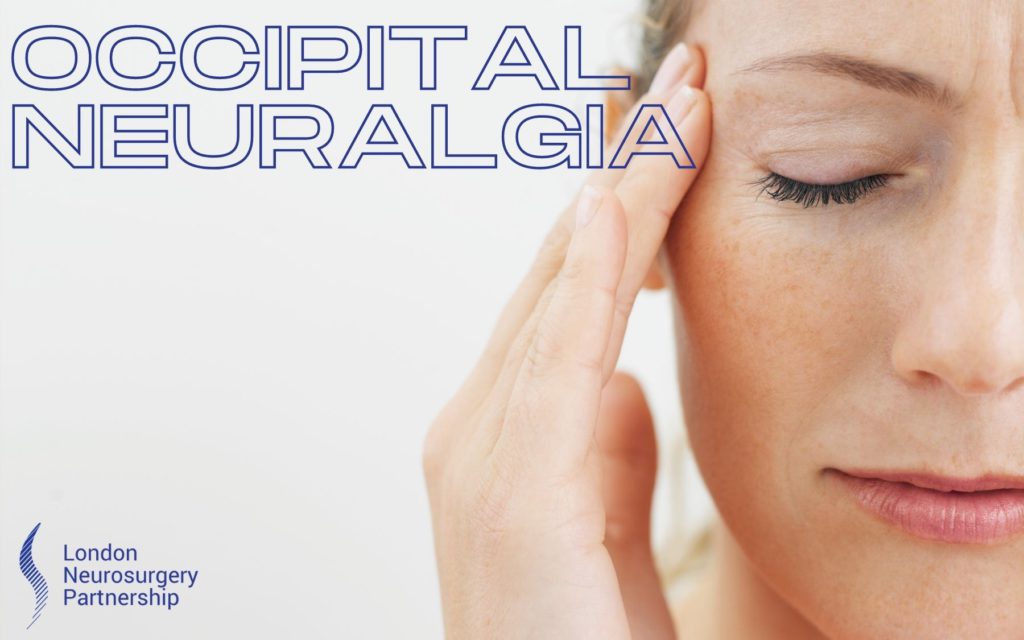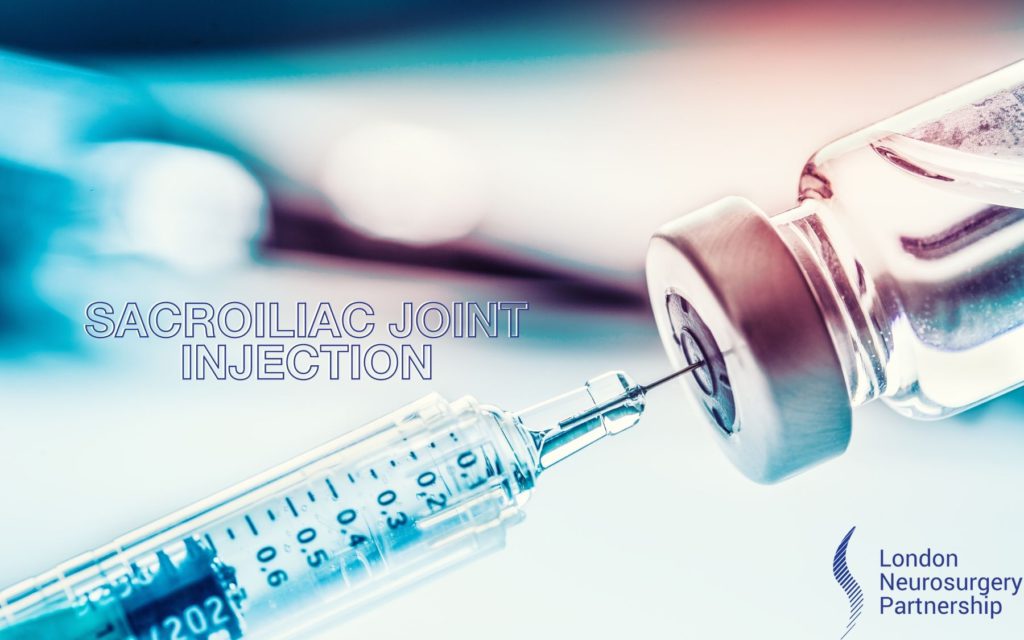
Brachialgia, also known as cervical radiculopathy, is defined as compression or irritation of nerve roots in the cervical spine. Put simply, it is a compressed or pinched nerve in the neck which leads to pain in the arms. It is described as the upper body equivalent of sciatica, and like sciatica, the onset can be sudden.
What causes brachialgia?
The spinal cord and spinal nerves are contained within the spinal canal and intervertebral foramen. These protective passageways prevent spinal cord and spinal nerve damage. However, compression can result from; intervertebral disc herniation, osteophyte formation (bony lump) and spinal stenosis (narrowing). This leads to increased pressure on your cervical nerve roots which subsequently causes pain in your neck, shoulders and arms.
Symptoms of brachialgia
Brachialgia is most prevalent in people aged 50 to 54 years old. Statistics reveal that annually 107 men out of 100,000 will be diagnosed with brachialgia whereas only 64 out of 100,000 women are diagnosed, therefore the condition is more common in men. Symptoms may vary but are likely to include;
- Pins and needles (paraesthesia) in your arms, which may increase in discomfort as you stretch your neck or turn your head to one side
- Pain in your neck, shoulder blade or arm
- Tingling sensations
- Weakness or numbness in your arm
Diagnosis of brachialgia
To diagnose this condition, you may need to have all or some of the following tests; CT scan, MRI scan, X-ray, ultrasound and nerve conduction study. Your consultant will first want to understand your symptoms, how long you have experienced these for and any relevant medical history. They may also need to do a physical examination of your neck to help determine what is causing the pain.
Potential treatment options
Many cases of brachialgia will resolve spontaneously and can initially be managed conservatively. Non-surgical treatment options include; physiotherapy, special exercises to stretch and strengthen your muscles and medication to reduce any inflammation. If symptoms persist then steroid injections may be recommended to reduce any swelling and pain. Alternatively, surgery may be considered, this might include; anterior cervical discectomy, spinal fusion or disc replacement. Your consultant will discuss the most suitable course of treatment with you, note that the treatment will depend on the nature and location of the pinched nerve.
This article is intended to inform and give insight but not treat, diagnose or replace the advice of a doctor. Always seek medical advice with any questions regarding a medical condition.
Back to spinal conditions.





0 Comments